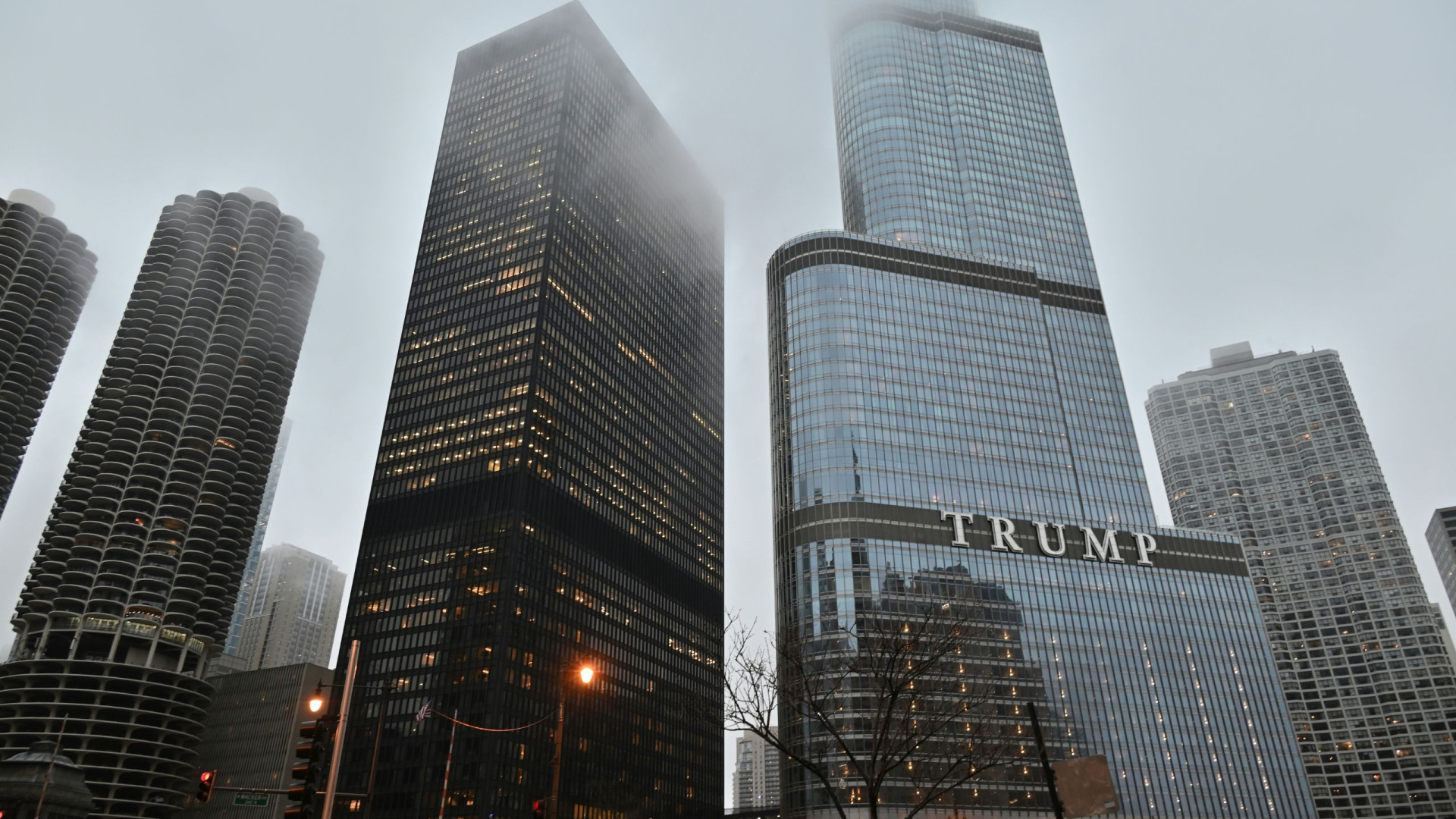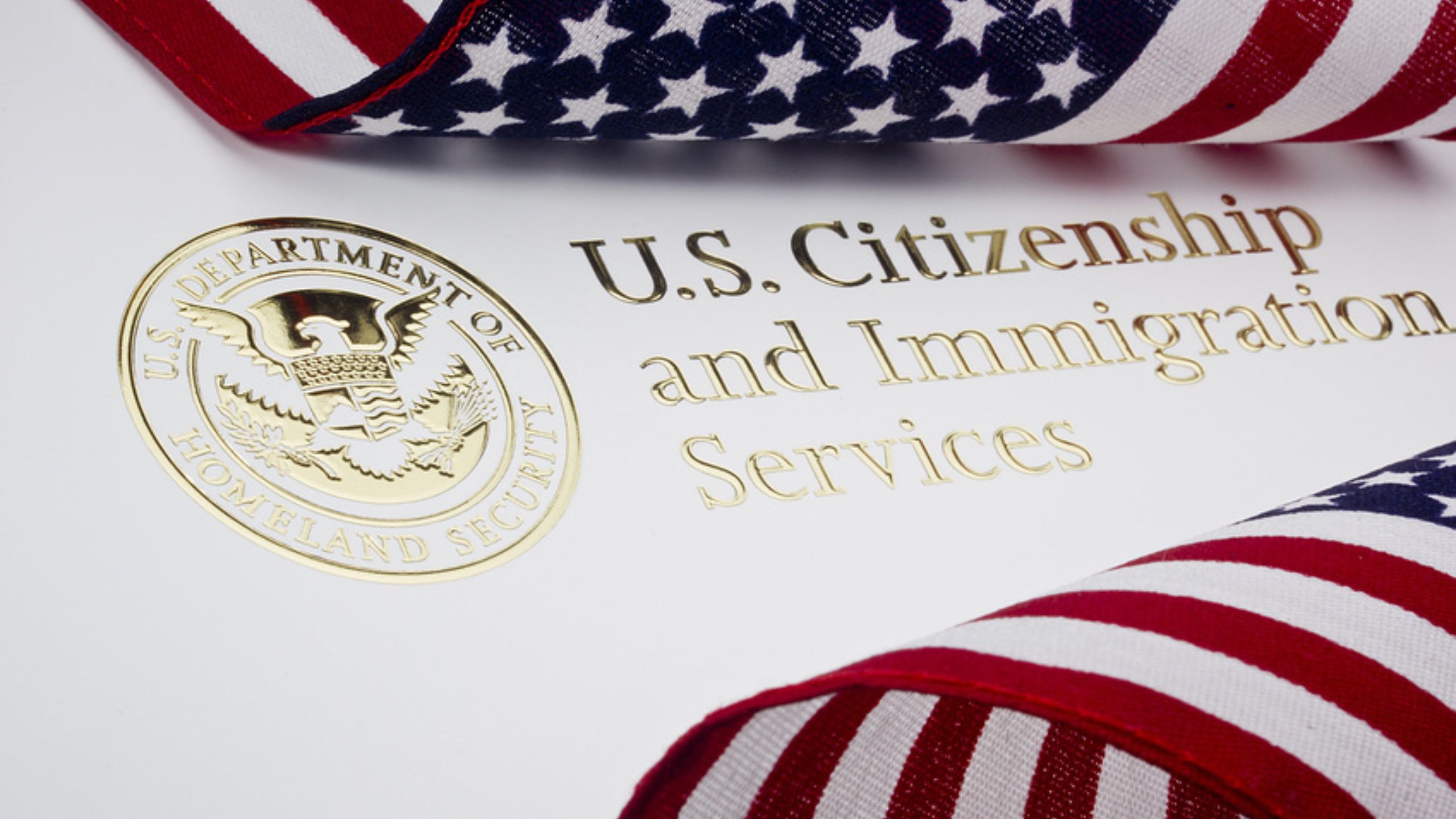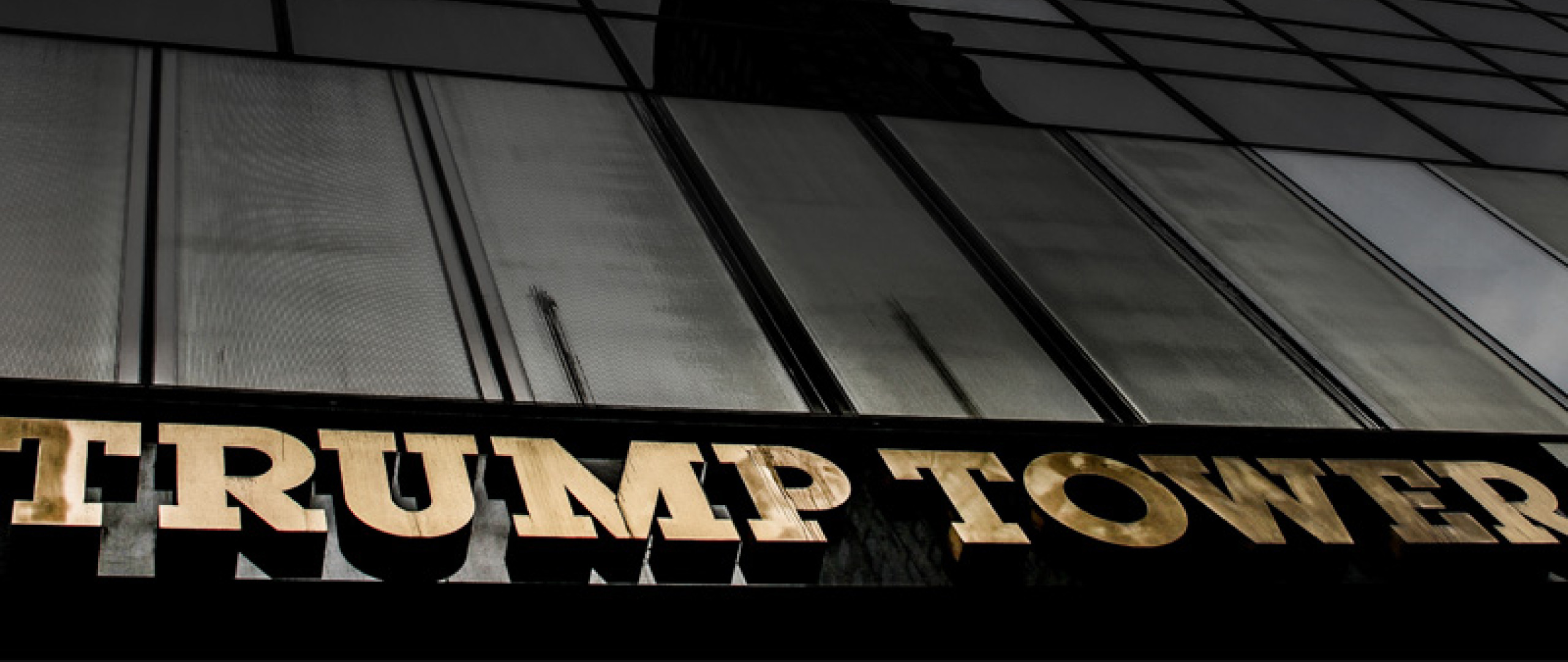Updated on 05.06.2025
Since US President Donald Trump took office in January 2025, the dynamics of US immigration policy have changed noticeably, with numerous adjustments and new developments. We provide an overview.
Share article:

With Donald Trump's second term in office, which began on January 20, 2025, experts expected significant changes to US entry regulations and, in particular, to the granting of US work visas.
As expected, the Trump administration acted quickly and well prepared with new executive orders and presidential actions to continue the initiatives from Trump's first term in office. On the day of his inauguration, US President Trump revoked numerous presidential proclamations and executive orders issued by his predecessor Joe Biden.
The US President can, for example, use executive orders to control the way the federal government operates without the approval of Congress. The federal authorities concerned are obliged to implement these orders, although the deadlines may vary depending on the content. However, courts can review the constitutionality of such orders and, if necessary, block them through injunctions, which can delay or prevent implementation.
On January 20, 2025, President Trump signed the Executive Order "Protecting the United States from Foreign Terrorists and Other National Security and Public Safety Threats".
It constitutes the basis for a proclamation issued on June 4, 2025, which entered into force on June 9, 2025. The aim is to minimize potential security risks by tightening controls and restricting the entry of nationals from certain countries.
The new measures affect nationals from a total of 19 countries. Depending on the country of origin, complete or partial entry and visa bans apply.
Citizens of the affected countries can no longer obtain US visas and can no longer enter the United States. Exceptions apply, for example, to holders of Green Cards, valid US visas that have already been issued and certain cases of national interest.
When traveling to the United States, US companies, international organizations and individuals should check whether employees or partners could be affected by the entry restrictions. Early consultation with visa experts and careful travel planning are strongly recommended.
For US work visas such as H-1B visas, L-1 visas and E visas stricter checks are to be expected. It is assumed that the U.S. Department of Homeland Security (DHS), the U.S. Department of Labor (DOL) and the U.S. Department of Justice (DOJ) will carry out more intensive inspections. Particularly affected could be
The "America First Trade Policy" memorandum of January 20, 2025 is based on the previous "Buy American and Hire American" policy and aims to strengthen the US economy, limit legal (labor) immigration and promote the employment of US citizens. The focus is on realigning international trade relations, combating unfair trade practices and analyzing trade deficits. This policy builds on previous initiatives, but broadens the focus to include more comprehensive structural reforms to the trading system.
The "America First Trade Policy" could result in stricter scrutiny or increased requests for evidence (RFE) and higher rejection rates for work visas, which could particularly affect companies in the USA that rely on foreign skilled workers.
In the first term of office, for example, e-visa applications at the US consulate were already subject to much stricter verification, particularly with regard to the need to deploy staff. And the aforementioned RFE rate for L-1 application procedures via the USCIS increased significantly, which led to application delays.
The granting of H-1B visas will probably be more strictly regulated and there could be stricter requirements for obtaining an H-1B visa.
There is speculation that the newly introduced H-1B Visa Renewal Pilot Program could be suspended during Trump's second term in office, and with it the planned expansion of the program to other visa categories. The purpose of this was the option of renewing visas directly within the USA, also in order to relieve the burden on US consulates worldwide. This could have a direct impact on visa renewals and lead to further delays in the visa application process.
Another topic is the Interview Waiver Program which was introduced to speed up the visa application process. As expected, postal visa applications have been increasingly restricted again. This has led to longer waiting times for visa appointments and an increased workload at US consulates.
Simplified procedures, such as joint submission and the Premium Processing for I-129 and I-539 applications through the U.S. Citizenship and Immigration Service, could be restricted.
This would considerably increase the administrative effort and lead to longer processing times.
Also under discussion is the possible abolition of the L2S and E2S regulations for accompanying spouses of holders of certain US work visas. This would make it necessary to (re)apply for an independent general work permit (EAD), which would entail longer processing times.
Most recently, new F, J, and M visa interview appointments have been suspended worldwide and restrictions have been placed on Harvard University.
Furthermore, a renewed introduction of the Public Charge Rule for immigrant visa categories (IV) and nonimmigrant visa categories (NIV) could lead to further complexity in the application process.
A return to stricter guidelines can be expected under the new Trump administration. This could include the repeal of the rule that allows USCIS officers to take into account previous (application) approvals, for example for L-1 extensions. This would mean that USCIS officers would have to re-evaluate applications without considering previous approvals, which could likely lead to more Requests for Evidence (RFE) and denials, even if workers are employed long-term with the same employer.
As already mentioned, a significant increase in RFEs is to be expected from the USCIS. This is likely to significantly increase the administrative burden for companies with locations in the USA, as additional documents and evidence will have to be submitted. At the same time, the processing times for USCIS petitions will be longer, which could affect both planning security and the timely recruitment of foreign skilled workers. In a worst-case scenario, increased RFEs could lead to a higher rejection rate, presenting companies with additional challenges, particularly when it comes to filling critical positions with qualified international professionals.

In addition, a reduction in staff at the U.S. Citizenship and Immigration Services (USCIS) is expected, which is likely to lead to delays in the processing of applications.
Another key issue is the announced deportation initiatives aimed at people without a valid US residence permit.
Furthermore, numerous humanitarian programs, such as DACA (Deferred Action for Childhood Arrivals) and TPS (Temporary Protected Status Program), could either be discontinued or not extended.
Finally, a continuation and expansion of the strict vetting measures under the Extreme Vetting Program cannot be completey excluded. This could lead to more thorough monitoring of biometric and biographic data, information flows and increased exchanges with foreign law enforcement and intelligence agencies. Security measures and controls overseen by U.S. Customs and Border Protection (CBP) and other related US agencies could also be increased.

With the possible introduction of stricter US immigration regulations, companies need to consider several aspects when their employees apply for US visas or enter the United States. Here are some basic recommendations to help you make the process go smoothly:
Companies should prepare for the potential changes at an early stage and react flexibly to new requirements. How, when and in what form which measures will take effect is not yet foreseeable. As mentioned, there were already significant hurdles in the visa application process during Donald Trump's first presidency, but the majority of applicants were still able to obtain a visa if they were well prepared.
We provide our customers with advice and support in order to successfully overcome potential challenges.
Donald Trump's second term as US president is expected to bring significant changes to the visa application process. Companies that rely on international skilled workers in particular will have to prepare for
when it comes to issuing US visas. It is to be expected that the increased security measures, the introduction of new entry restrictions and the abolition of simplified procedures could make it more difficult to apply for a visa and enter the United States.
Date:
Wir und unsere Partner nutzen Cookies, um personenbezogene Daten wie z.B. Browsing-Daten zu speichern und abzurufen, um z.B. Inhalte und Werbung bereitzustellen und zu personalisieren sowie die Verwendung der Website zu analysieren und das Benutzererlebnis zu verbessern. Sie erfahren mehr über die Zwecke, für welche wir und unsere Partner Cookies einsetzen, wenn Sie unten auf den Button „Cookie Einstellungen“ klicken. Hier können sämtliche Einstellungen auch geändert werden. Nachträglich kann man jederzeit seine Cookie-Auswahl überdenken oder seine Einwilligung widerrufen, indem man auf den Link zu den Cookie-Einstellungen im Footer unserer Webseite klickt. Beachten Sie bitte, dass das Blockieren einiger Cookie-Typen unsere Möglichkeiten zur Bereitstellung von auf Ihre Interessen zugeschnittenen Inhalten haben kann oder einige Funktionen der Webseite nur eingeschränkt zur Verfügung stehen.
Durch klicken auf “Alle Cookies akzeptieren” stimmen Sie unserer Nutzung und der Weitergabe Ihrer Daten an unsere Partner zu.